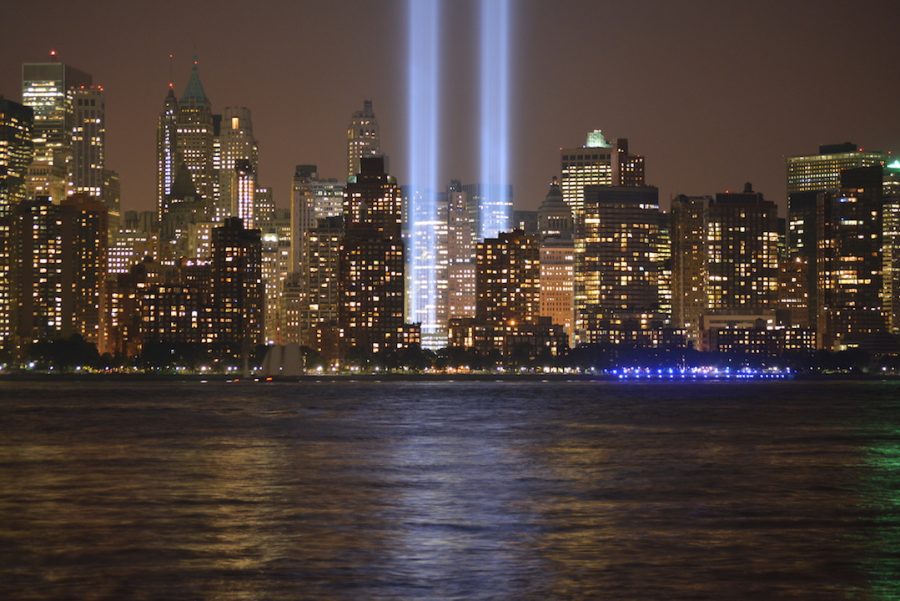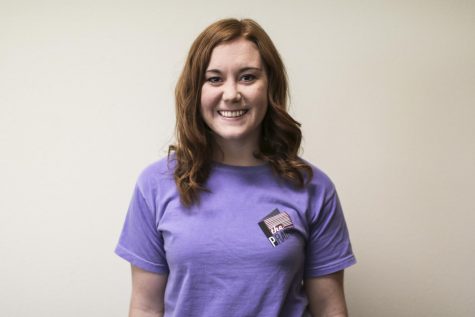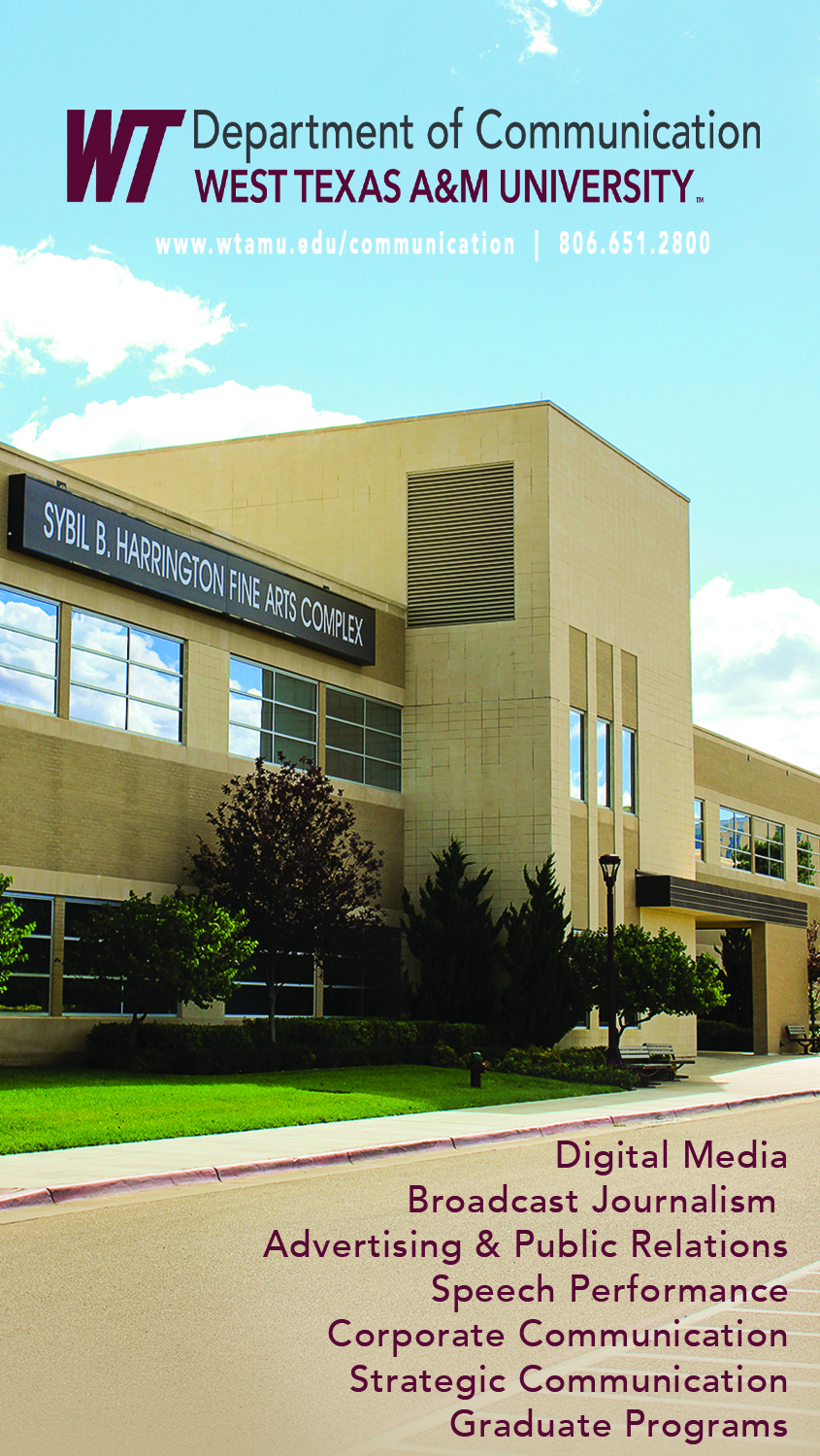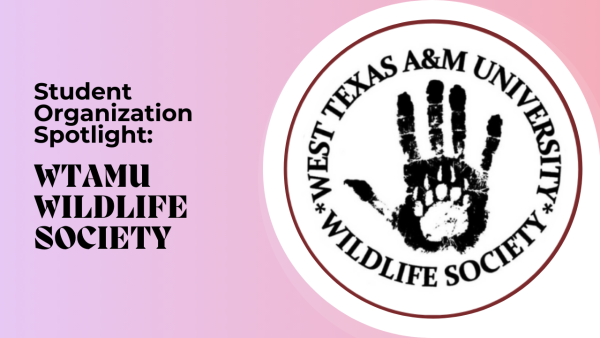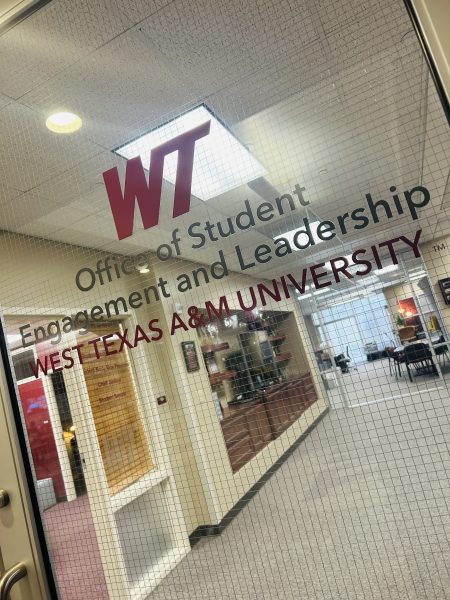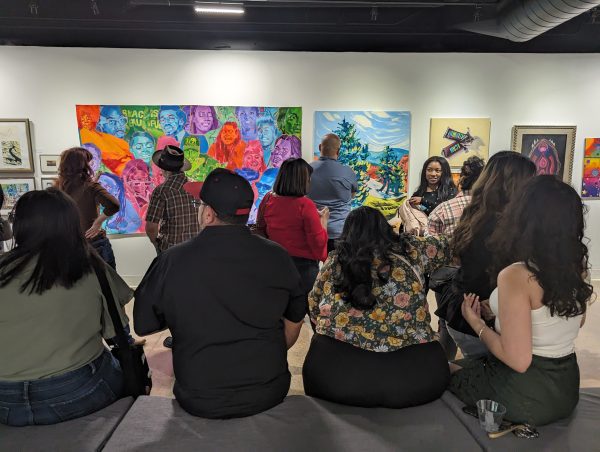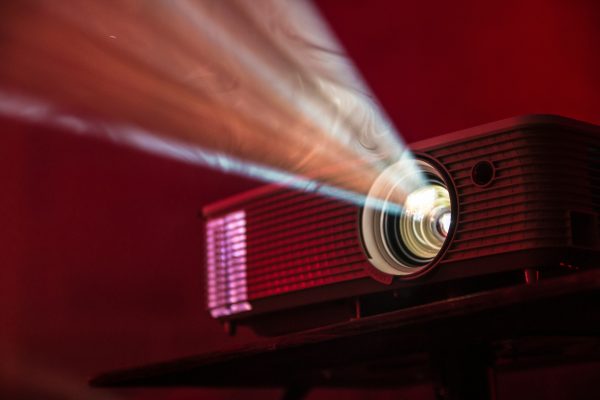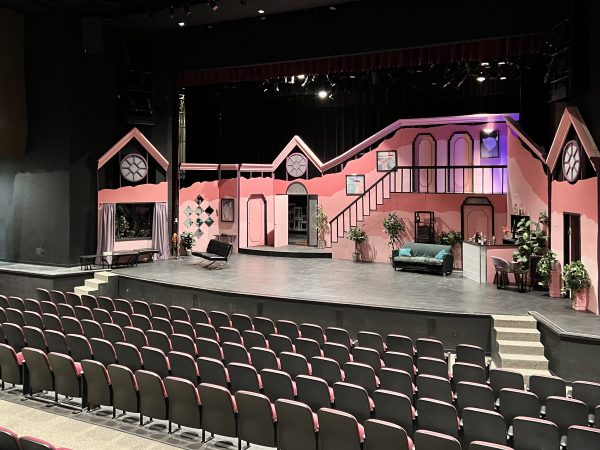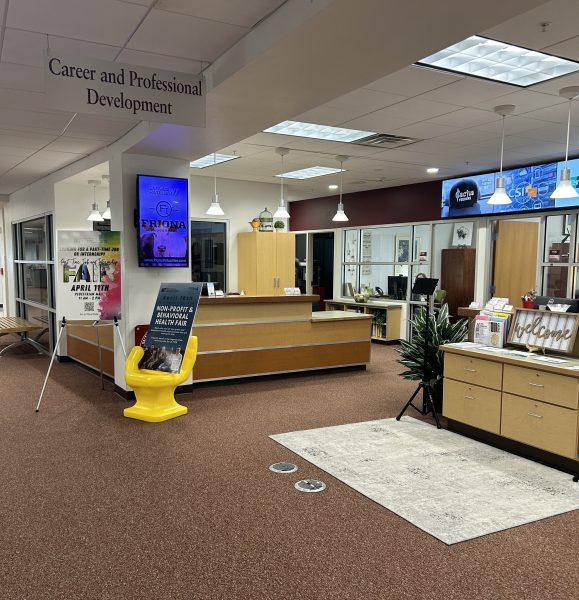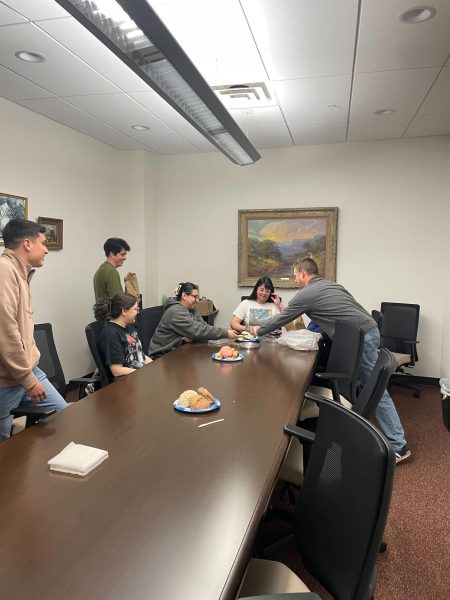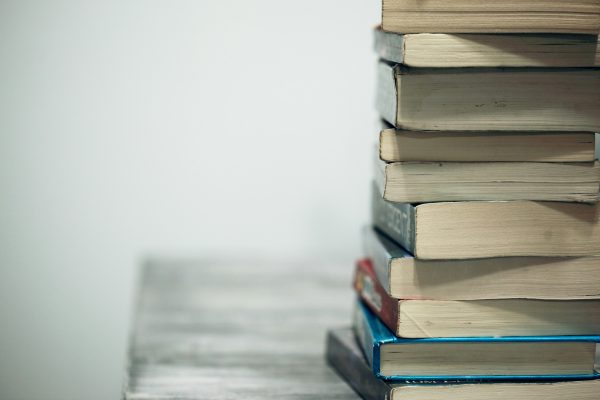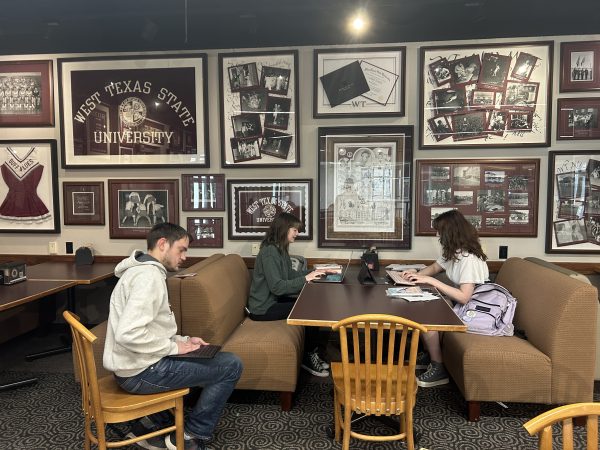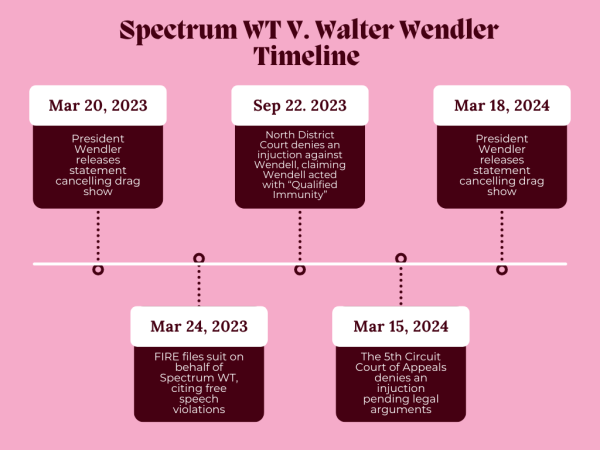Students, faculty and staff share memories from 9/11
September 17, 2016
On the 15th anniversary of the 9/11 attacks, West Texas A&M University community members recall their memories of the tragedy and honor both those who served and those who lost their lives on that day.
“I think it’s important that our generation doesn’t forget tragic events like 9/11 because we need to be aware of our history in order to prevent such things from happening in the future,” said Kaycie Timm, agriculture media and communications major. “Also, even though 9/11 was a horrible tragedy, it is part of our history—we need to keep our memories fresh, so we can share this piece of our nation’s past with the next generation.”
Timm was a few weeks away from turning four years old when the 9/11 tragedy occurred, and even at her young age, she said it was clear to her that “it was something truly awful.”
“Mom told me to go to my room because she didn’t want me to witness the carnage of the wreck on TV, so I didn’t see any more of the live broadcast,” she said. “Most of all, I remember thinking whatever had happened must have been bad simply because of my mom’s reaction and her emotions the rest of that day and week.”
Social work major Bailey Luke said she remembers her teachers talking in the hallway and seeming nervous, and she started to worry as her classmates were picked up by their parents one by one.
“My mom didn’t tell me until we got home that something had happened,” Luke said. “I was scared because my dad was in New York for work just a few days before that. I think it’s important to remember what happened that day because so many people either lost their lives or their lives changed forever. It’s a big turning point for this country and changed the way we handle terrorist attacks.”
Meanwhile, Ronnie Hall, then the hall director for Jones Hall at WTAMU, learned about the attacks when one of his students came to his apartment and told him to turn on the news. He remembers sitting in shock and disbelief.
Every student who entered Jones Hall that day joined them to watch the latest updates, and Hall heard that the Jack B. Kelley Student Center was packed with students surrounding the television screens. With students all over campus talking about the attack, he said it was like “nothing else in the world mattered except for the well-being of our nation.”
“We had a scheduled Jones Hall staff meeting that evening: There was no business discussion about the hall,” said Hall, who now works as the area coordinator for Centennial Hall. “We sat and talked about the attack, and we talked about our nation; we listened to a song by Hillsong titled ‘You Are Near,’ and we prayed for our nation. It was a very solemn but healing time for us all.”
Hall and a group of students bought American flags to place on the Jones Hall balconies, and he witnessed a “change of heart” all around campus in the following weeks with people united in their love and pride for the nation. Hall believes that America should remember and honor those who lost loved ones in the attack; the police, firefighters and volunteers who helped in a time of need; and the military who “risk their lives in the fight to keep us safe.”
“There were American flags lining residential streets, American flags were sold out in the stores, the churches were packed with people, and everyone had a loyalty and strong patriotism for our beloved country,” Hall said. “It was such an amazing feeling to be part of something as great as the ‘UNITED’ States of America.”
History professor Dr. Bruce Brasington said he also started hearing about the events as they unfolded that morning, and he said his most powerful memory is of the Western civilization class he taught that afternoon. While many students contacted Brasington to let him know they wouldn’t be able to come to class, Brasington and those who did attend class discussed the tragedy as well as what might happen next.
“I told them that we needed to ‘do our work,’ which meant to continue our studies and learn about history,” he said. “I told them that, as truly horrific as the attacks were, this was neither the worst day in American history nor the ‘worst day ever.’ I told them about how Americans had faced awful moments before, for example Pearl Harbor.
“I talked about my dad, who served in World War II and asked them about their families. They shared. We talked about how that we can learn courage and fortitude from those who have gone before us and that, above all, liberty and justice cannot be defeated by evil.”
Since then, Brasington said this thought has periodically come to his mind: “It is not so much what you ‘do’ with history; it is what history does to you.”
“History, whether 9/11 or anything else, is far more than ‘facts,’” he said. “It is meaning. We honor the memory of those who died, those who served, and those who still grieve by making that awful Tuesday not just a ‘day’ to remember, but a lesson in courage, commitment, and freedom to live.”
While history professor Dr. Byron Pearson had heard reports of the attacks that morning, he said the events of the tragedy became personal for him when he learned of the crash at the Pentagon.
“One of my best friends, Colonel James Whitworth, an air force psychologist, was stationed at the Pentagon in 2001,” Pearson said. “I tried calling him, and of course, could not get through.”
By the time Pearson walked into his third class of the day, he said he had learned that the part of the Pentagon struck by the plane included his friend’s suite of offices and that there were numerous casualties from the crash and resulting fires. “Fighting back a myriad of emotions,” Pearson tried to teach as best as he could for the rest of the day, discussing the events with his students, and when he went home that night, he hugged his children “a little extra tight and made a futile attempt to sleep.”
The next day, Pearson received the news that his friend and his staff were safe—the Air Force had decided the day before to fly Whitworth’s entire unit to the Air Force Academy in Colorado Springs for a workshop. Had Whitworth and his staff been in their offices on that day, Pearson said that many of them would have most likely been killed or severely injured.
In the following days, Pearson learned that Whitworth’s unit was given the task of counseling the families of the Pentagon military personnel who had lost loved ones, and he said he was and still remains awed by their compassion and professionalism—“one of literally thousands of examples of human decency and kindness that took place in the face of this unspeakable barbarity.”
When Pearson was able to speak with Whitworth, Pearson asked his friend what he, as a history professor, could do for him, Whitworth’s peers, and those who had been lost. Whitworth said it was Pearson’s task to place the attack “within the overall context of our nation’s history, to find the meaning of it, and to never allow anyone to forget what happened on September 11, 2001.”
“We must remember that there are those who seek to do us harm and we must be vigilant in the defense of our liberty,” Pearson said. “But we must also remember that despite the tragedy of the events of September 11, 2001, in tens of thousands of ways, Americans showed kindness and compassion to each other, set aside the fears our enemies sought to instill, and continued to live their freedoms. We live them still.”



